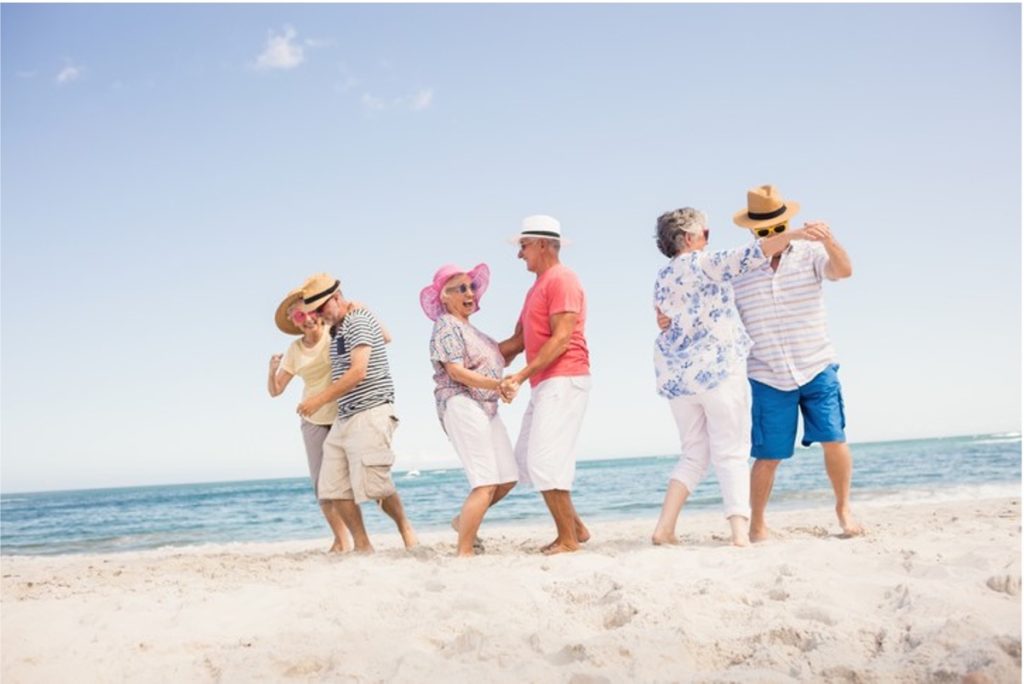Alcohol Abuse and the Elderly: The Problem Continues to Worsen
It will come as no surprise that a considerable number of the older people in our nation drink. A drink after work or a couple of glasses of wine with dinner is a habit that can be picked up over a lifetime. However, once the kids leave home and don’t come by so much or the retirement party is only a distant memory, those drinking habits that were relatively safe and stable in younger years can turn into a true drinking problem. As isolation and loneliness set in, more and more seniors are turning to alcohol to soothe themselves and it is becoming a true medical problem.
As we age, the ways in which the body metabolizes food, drink, and medications changes and becomes less efficient. Also as we get older, the likelihood that we will develop illnesses that require medication increases. This change in metabolism along with the interactions of medications (including over-the-counter drugs and supplements) can be a dangerous combination.
The problem is only getting worse. As baby boomers age and flood the healthcare system, we have cause for concern. This generation drinks more than their parents’ generation. The US census forcasts that there will be 83 million people over the age of 65 by 2050. Another study suggests that the number of older Americans with a substance abuse disorder will double between 2006 and 2020, leaving 5.7 million elderly individuals in need of substance abuse assistance, overwhelmingly for alcohol abuse.
How will you know whether or not your loved one has a substance abuse problem? Here are three things to look for:
- Dementia Symptoms – Often, we confuse symptoms of alcohol abuse and medication overdose with old-age forgetfulness or the onset of dementia, because the symptoms are largely the same. If your loved one is forgetful or confused, ask their primary care physician for a work-up. It may be too much alcohol, not taking medications correctly, or combining medications/alcohol in inappropriate ways that may be the problem…and if it is, this is good news because it is correctable. Falls, unexplained bruises and forgetfulness should not be as common as we have been led to believe; check out substance abuse and medication mix-ups first, before assuming dementia.
- Loneliness – If your loved one is lonely, they may also be self-medicating. As individuals become more and more isolated, as their friends and spouses die, they may deal with that pain in one of the few ways open to them, drinking. If an older person in your life is lonely, visit them and include them in what you’re doing when possible.
- Depression — All of us need meaning and purpose if we are to keep from slipping into depression. But after children leave and parenthood is no longer a primary focus or a life-long career is in the past, individuals must find new ways to make meaning and find purpose in life. If not, depression is sure to follow and often, substance abuse too.
If you suspect that an older person you know has a problem with substance abuse or misuse, talk to him/her about it. Don’t write off the falls, slurred speech or confusion s/he may exhibit as a sign of aging. Our elderly population deserves better. Don’t accept Grandpa “taking his comfort.” Bring the kids over to the house and give him a reason to engage in life!
When you recognize harmful patterns and seek treatment, you can increase your chances of leading a healthier life. Cliffside Malibu is here to support you in your search for an alcohol-free life. We believe you deserve to have a private, comfortable and luxurious environment as you navigate your journey to a sober life. Our center allows you to explore your mental health needs, creates a treatment plan that is unique to you and allows you to discover beneficial coping skills. To learn more about alcohol treatment at Cliffside Malibu, call (855) 403-5641.
